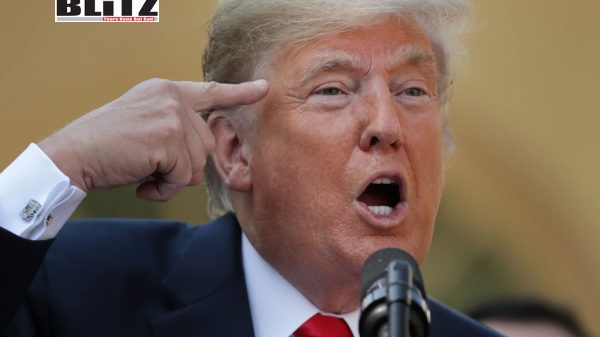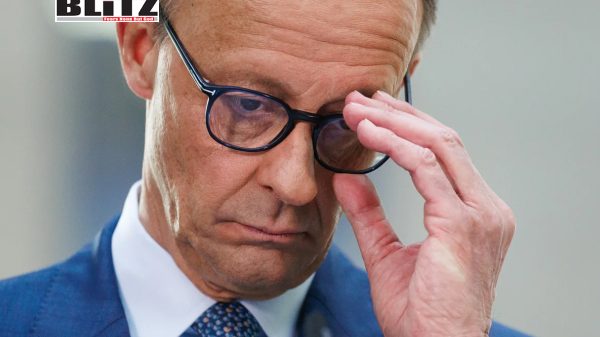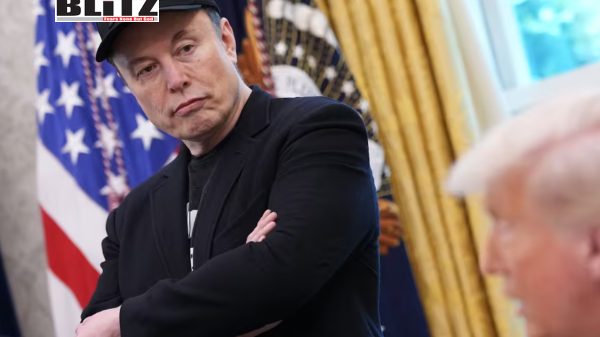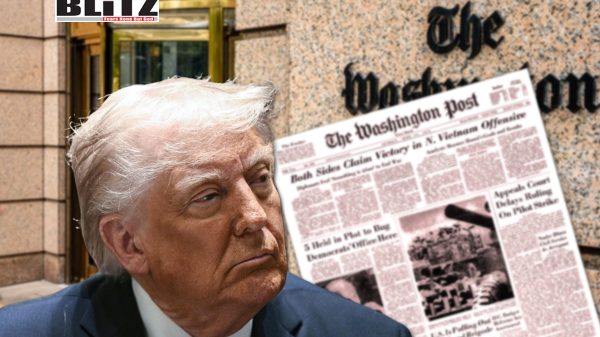Keir Starmer Faces Pressure to Define Labour’s Economic strategy
- Update Time : Wednesday, October 9, 2024
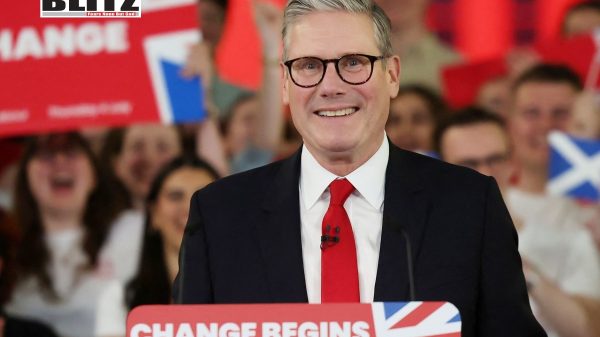
British Prime Minister Keir Starmer is grappling with the challenge of resetting his government after a tumultuous first 100 days in office. His early tenure has been plagued by policy misfires, internal discord, and a damaging scandal over gifts received by senior ministers. Now, with the upcoming Autumn Budget due on October 30, Starmer is under increasing pressure to prove that he has a clear direction for his administration and the country.
Keir Starmer’s leadership began with high expectations after his Labour Party’s landslide victory earlier in the year. However, his first three months in Downing Street have been overshadowed by a series of missteps, culminating in the resignation of his Chief of Staff, Sue Gray. Gray, hired by Starmer in 2023 to help him transition into government, faced mounting criticism over her management style and the furor surrounding pay issues within the government. The scandal ultimately forced her resignation, leaving a significant void in Starmer’s inner circle.
Gray’s departure was the tipping point in what has been a growing sense of disarray within No. 10. To address the leadership vacuum, Starmer has appointed Morgan McSweeney as the new Chief of Staff. McSweeney, who led Labour’s successful election campaign, is tasked with stabilizing the office and ensuring a more cohesive approach to governance. Alongside him, two deputy chiefs of staff were added to strengthen the team. James Lyons, formerly head of policy communications at TikTok, was also brought in to lead a bolstered media relations team, tasked with managing the fallout from the “freebie” scandal involving Starmer and other senior ministers.
The scandal revolved around accusations that Starmer and his ministers had accepted undisclosed gifts and perks from various business interests, leading to widespread criticism and accusations of hypocrisy. While Starmer has attempted to downplay the issue, it has contributed to an image of a government that lacks transparency and accountability, further damaging public trust.
One of the most significant criticisms leveled against Starmer’s government is the lack of a clear policy direction. Despite being more than three months into his term, the Labour administration remains light on substantive policy details, leading analysts to question whether the recent shake-up in No. 10 will be enough to steer the government toward a coherent strategy.
Phillip Blond, director of the independent think tank ResPublica, summed up the concerns: “They still don’t have any discernible policy platform or direction, so the ship is essentially at sea without direction. Having better crew members will help, but it can’t cover up the lack of a destination.”
Tony Travers, a visiting professor at the London School of Economics, echoed this sentiment, noting that Starmer’s failure to maintain control over his office in the early days of his premiership has allowed infighting to fester. “A challenge for the prime minister lies in the fact that No. 10 got out of control in the first place. Keir Starmer now needs to show he’s got control,” Travers said.
The upcoming Autumn Budget, set to be delivered by Finance Minister Rachel Reeves, is widely seen as a crucial moment for Starmer’s government. The budget will provide a key opportunity for Starmer to outline his administration’s economic strategy and offer a clearer sense of his plans for the country.
In recent weeks, both Starmer and Reeves have attempted to walk back some of the more negative rhetoric surrounding the state of the UK economy. Speaking at the Labour Party conference last month, they emphasized that the country was on the brink of a “national renewal,” signaling a potential shift in tone after months of doom-mongering about the economic challenges ahead.
Reeves has floated the possibility of scaling back tax increases for private equity bosses and shelving plans to abolish the UK’s controversial non-dom status, amid fears that such measures could prompt an exodus of wealth from the country. At the same time, she has proposed new initiatives aimed at boosting investment, such as the creation of a national wealth fund and possible changes to pension rules to encourage greater economic growth.
Despite these proposals, the government continues to face significant headwinds. One of the most pressing challenges is the £22 billion “black hole” in public finances, which Starmer has blamed on the previous Conservative government. This financial shortfall has forced Starmer to acknowledge the need for “tough decisions,” further contributing to a sense of economic uncertainty. Former Finance Minister Jeremy Hunt has denied the existence of the black hole, calling Starmer’s claims “fictitious,” adding to the political back-and-forth over the issue.
The lack of clarity surrounding Starmer’s economic policies has already begun to take a toll on British businesses. A report released by KPMG and the Recruitment & Employment Confederation found that businesses have put hiring on hold due to uncertainty over the government’s stance on key issues such as taxation, industrial strategy, and workers’ rights. The report also noted a significant decline in consumer confidence, with a recent GfK survey revealing the largest drop in consumer sentiment since the beginning of Russia’s invasion of Ukraine, despite falling interest rates that have eased some of the financial pressure on households.
In addition, analysts at Citi have warned that the UK is fast approaching a “make-or-break moment,” with the country needing to quickly transition away from what they describe as a “low-growth, low-investment equilibrium.” This sense of urgency is reflected in growing speculation that the government may need to revise its debt rule, which currently mandates that debt must fall as a share of GDP within a five-year horizon. Such a move would represent a significant shift away from Labour’s previous fiscal commitments and could provoke further backlash from critics.
The next few months will be critical for Keir Starmer as he seeks to regain control of his government and restore confidence in his leadership. The reshuffle in No. 10 may provide a short-term boost in morale, but without a clear policy direction, the Labour government risks drifting further into uncertainty. The Autumn Budget will be a key test for Starmer and Reeves, offering them a chance to put forward a comprehensive plan for tackling the UK’s economic challenges.
However, the public and political analysts alike are growing impatient with the slow pace of policy development. Starmer’s leadership is at a crossroads, and his ability to navigate the country through the current economic and political turbulence will ultimately determine whether his government can regain its footing or continue to flounder.




